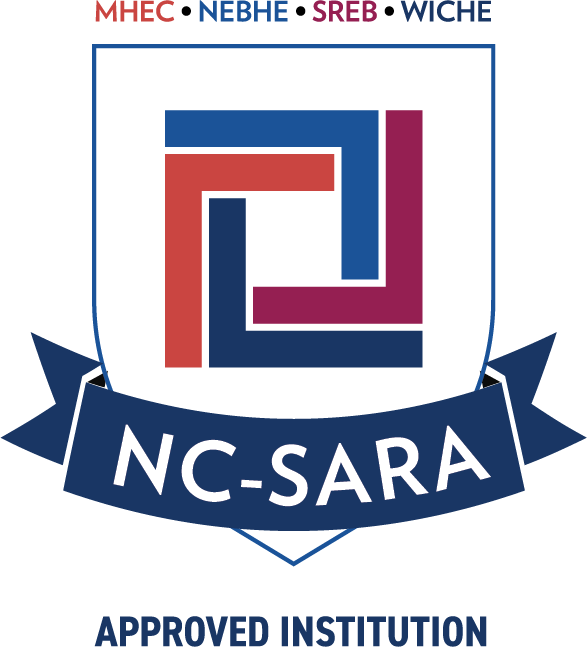State Authorization Reciprocity Agreement
The State Authorization Reciprocity Agreement (SARA) is an agreement among member states, districts and territories that establishes comparable national standards for interstate offering of postsecondary distance education courses and programs. It is intended to make it easier for students to take online courses offered by post-secondary institutions based in another state. SARA is overseen by a National Council and administered by four regional education compacts. The Connecticut Office of Higher Education became a member of SARA in 2017, thus allowing CT State Community College to apply to be a member of SARA and to accept students from all SARA-approved states.
Student Complaints
Pursuant to federal regulations and the terms of SARA, the Office of Higher Education is responsible for the investigation and resolution of out-of-state students’ complaints against institutions of higher education based in Connecticut and offering distance education via SARA. Note that issues regarding student life, such as discipline, grading, etc., fall solely within the purview of the institution and are not generally investigated. Additionally, the Office of Higher Education does not investigate anonymous complaints or provide legal advice. Currently, SARA institutions are to:
- Apply the tuition refund policies of their home state to students located in other SARA states; and
- For students located in non-SARA states, follow any relevant tuition refund policies of those states.
Within two years of the incident complained of, out-of-state students enrolled in a Connecticut institution via SARA may file a complaint in accordance with the following steps:
- The student must attempt to resolve the complaint by exhausting the institution’s established internal grievance procedures. These are usually published in the institution’s catalog, student handbook and/or posted on the institution’s website. Absent extenuating circumstances, the Office of Higher Education will not investigate complaints filed by students who have not first sought a resolution with the institution.
- If all remedies at the institutional level have been exhausted and the complaint is not resolved, the student may file a complaint with the Office of Higher Education. To file a complaint, please follow these procedures. All documentation for review related to the complaint must be provided by the student as part of the filing.
- The Office of Higher Education will process the complaint and provide copies of all documents filed with the complaint to the institution. The institution has 20 days to respond. After receiving a response and conducting an investigation, the Office of Higher Education will issue a findings report to all parties. The findings report is final.
If a Connecticut student is enrolled in a distance education program offered by a SARA institution based in another state, the student should contact the portal agency in that state to pursue the complaint process. Connecticut students enrolled in Connecticut institutions must first exhaust an institution’s established internal grievance procedures, and then should contact the Office of Higher Education prior to filing a complaint.
All correspondence, including institutional applications and student complaints, should be sent via email or post to:
SARA Coordinator
Office of Higher Education
450 Columbus Blvd, Suite 510
Hartford, CT 06105